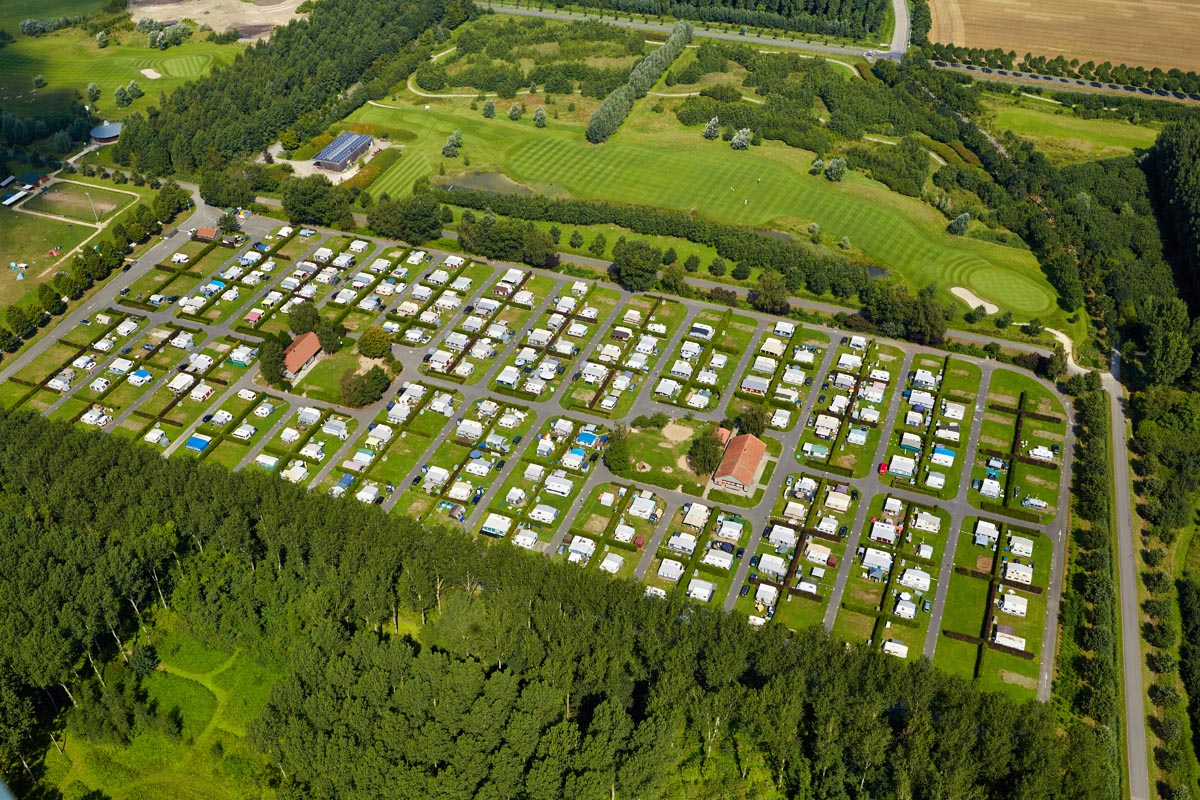Approach
From the tragedy of the Commons to their governance
In the last fifty years, research on the Commons showed how property and ownership are to be analysed in institutional terms like ownership regimes, governance regimes and/or institutions of collective action. INDIGO thus mobilises a governance perspective on shared land use rights. This means INDIGO will look at the processes of interaction and decision-making among the actors involved in shared land use rights that lead to the creation, reinforcement, or reproduction of social norms and institutions regarding these rights.
Different issues are thus to be addressed:
Claims over land and resource uses are mediated. This needs a flexible and just governance system.
Use(r) rights are not sufficient to justify claims as there is ‘surplus demand’ for land use rights which cannot be satisfied by available land and resources. Thus a negotiated allocation of use rights is needed.
Use(r) rights are not sufficient to justify claims because several types of uses have negative side effects, affecting opportunities for (other) uses and users.
User rights (or rights to allocate use rights) do not automatically spring from private property rights. Individual property rights in a dense global world a priori hold conflicts over uses and their side effects. In this sense private property rights provide use rights as much as they hold user uncertainty. This is because the growing complexity of the Commons affect the possibilities of transforming private property rights into effective use rights.
Claims over land and resource uses are mediated. This needs a flexible and just governance system.
Governance of the use of the Commons today thus involves much more than mediating between public and private property rights and connected use rights. It also involves:
A negotiating and coordination system capable of managing the growing complexity in relationships between property rights, use rights, actual uses and their interactions (mutual influences; side effects)
Research on and a permanent observatory of land and natural resources, their use impacts and their (socio-)ecological footprint, their property structure, their use rights, the way they are governed and managed as well as the legal and administrative tools that are available or should be developed to do so.

